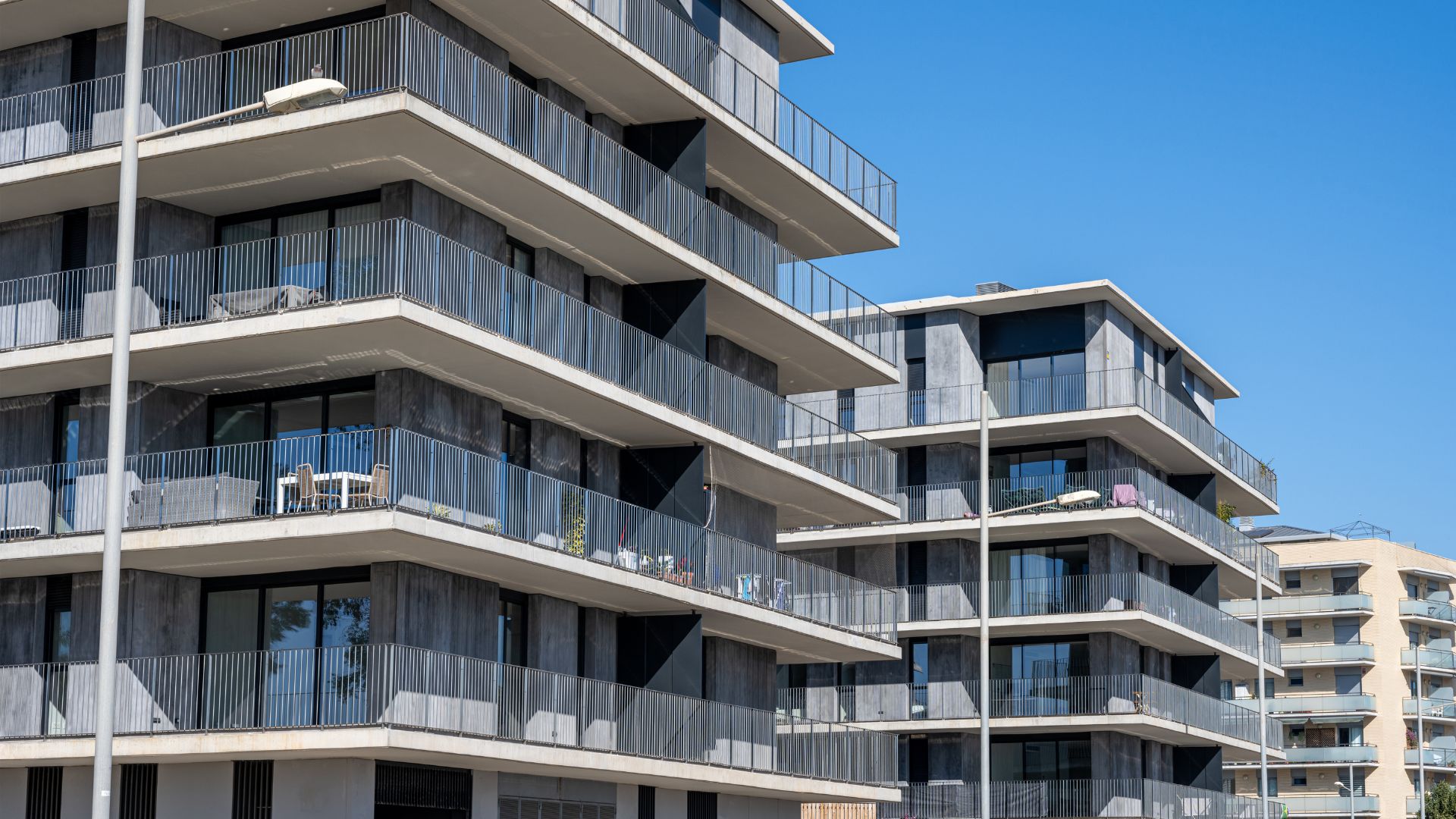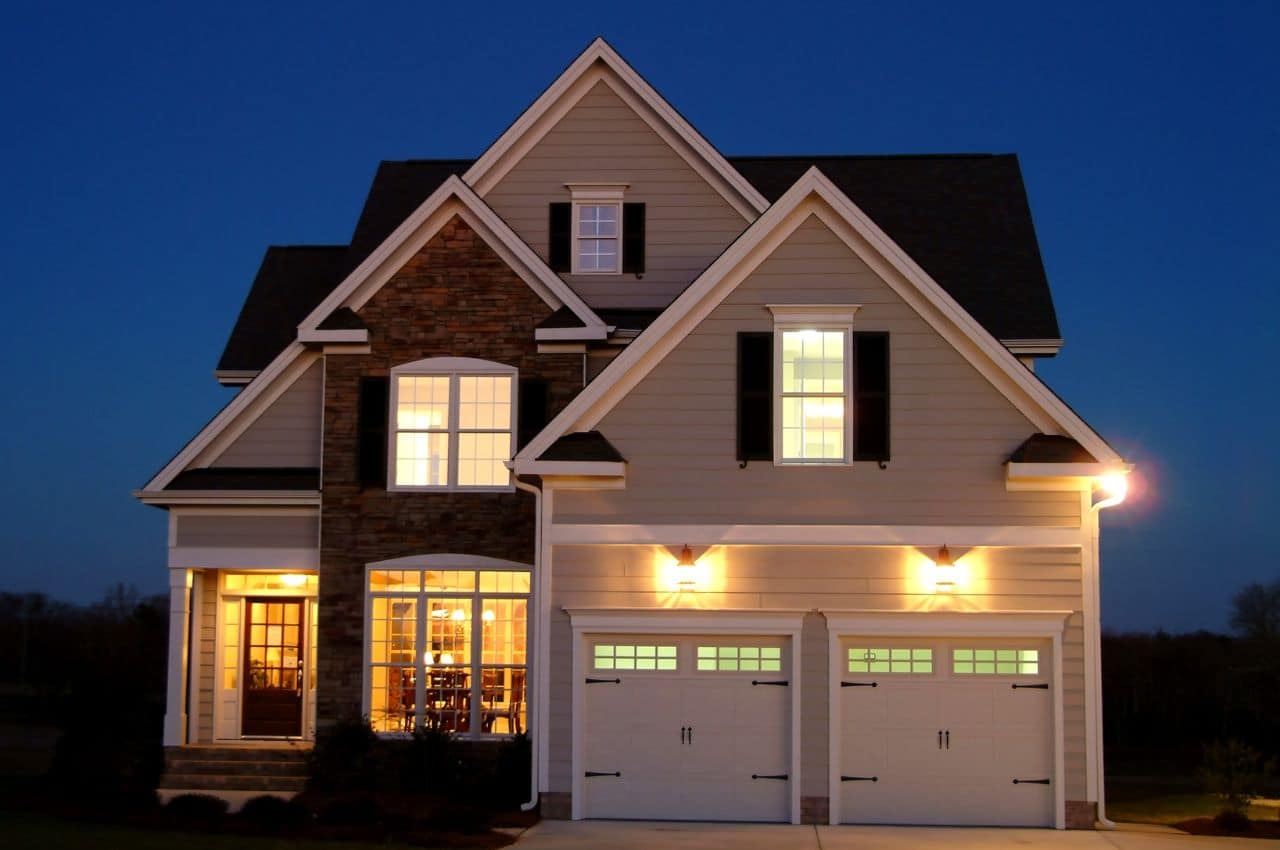Choosing the right multi family property management software is essential. The right tools can streamline operations, improve tenant satisfaction, and boost profitability.
Let’s explore some key features you should look for, ensuring you get the best out of your property management software.
User-Friendly Interface
A user-friendly interface is crucial for both property managers and residents. You want software that’s easy to navigate and intuitive to use. This means having clear menus, simple icons, and a layout that doesn’t require a manual to understand. Mobile accessibility is another important factor. Property managers often need to handle tasks on the go, so a mobile app or mobile-friendly website can be a game-changer. This allows managers to respond to requests, update information, and communicate with tenants from anywhere. An intuitive design reduces the learning curve, so you and your team can get up to speed quickly without extensive training.
Tenant and Lease Tracking
Managing tenants and leases can be complex, especially as the number of units grows. Good property management software automates many of these tasks. For example, automated lease renewals and reminders ensure you never miss an important date. The software can alert you when a lease is about to expire, making it easier to plan renewals or new tenant searches. Additionally, having comprehensive tenant information at your fingertips is invaluable. You should be able to store and access details like contact information, lease terms, payment history, and maintenance requests all in one place. Simplifying move-in and move-out processes is another significant benefit. The software should help you track the entire process, from scheduling inspections to handling security deposits, ensuring everything goes smoothly.
Maintenance Management
Maintenance is a big part of property management, and handling it efficiently is vital for tenant satisfaction and property upkeep. A good software system should allow tenants to submit maintenance requests online, which streamlines the process and ensures nothing gets lost in the shuffle. Once a request is submitted, the software can help you schedule and assign tasks to your maintenance team or external vendors. This organized approach saves time and reduces the risk of oversight. Additionally, vendor management and communication tools can keep all parties in the loop. You should be able to manage vendor contacts, track their work history, and communicate directly through the software. This keeps everyone on the same page and helps build strong, reliable vendor relationships.
Financial Management
Managing finances is at the heart of property management. Efficient software should simplify rent collection and payment processing, offering tenants various payment options such as direct debit, credit card, or online payment portals. This not only makes it easier for tenants to pay on time but also reduces the administrative burden on property managers. Expense tracking and budgeting tools are essential for keeping your finances in order. The software should allow you to log all expenses, categorize them, and track your budget in real-time. This helps in making informed financial decisions and maintaining profitability. Another key feature is financial reporting and analytics. Good software should provide detailed reports on income, expenses, and other financial metrics. These reports help you understand your financial health and identify areas for improvement. With customizable reporting options, you can generate the specific insights you need to manage your properties effectively.
Communication Tools
Effective communication is key in property management. When you have good communication tools built into your software, it makes everything easier for both you and your tenants. Look for software that has a built-in messaging system. This allows you to send messages directly to your tenants without needing to use separate email or text services. It keeps all your communication in one place, which is much more organized. Announcements and notifications are also crucial. You should be able to send out important notices about things like maintenance work, rent reminders, or community events with just a few clicks. This keeps everyone informed and reduces misunderstandings. Integration with email and SMS is a big plus. Even if your software has its own messaging system, it’s useful if it can also send emails and texts. This ensures your messages reach tenants in the way they prefer, whether they’re checking their email or their phone.
Marketing and Leasing
Getting and keeping tenants is one of the biggest challenges in property management. Good software can make this a lot easier. One great feature is online listing syndication. This means you can create one property listing and have it automatically posted on multiple rental websites. It saves time and ensures your listings get maximum exposure. Another important feature is applicant screening and background checks. Your software should help you vet potential tenants quickly and efficiently. It can streamline the process by integrating with screening services that check credit scores, rental history, and criminal records. This helps you find reliable tenants without a lot of hassle. Online applications and lease signing are also must-haves. Potential tenants should be able to apply online, and you should be able to review applications and sign leases electronically. This makes the process faster and more convenient for everyone involved.
Reporting and Analytics
Being able to see how your properties are performing is essential. Reporting and analytics features in your software can provide you with valuable insights. Customizable reports are a key feature to look for. You should be able to generate reports on occupancy rates, financials, maintenance requests, and more. This helps you understand what’s going well and what needs improvement. Data visualization tools are also very helpful. They turn complex data into easy-to-understand charts and graphs. This makes it simpler to see trends and make informed decisions. Performance tracking and benchmarking are other important features. Your software should help you track key performance indicators (KPIs) and compare them against industry standards or your own goals. This keeps you on track and helps you continuously improve.
Integration Capabilities
Your property management software doesn’t exist in a vacuum. It needs to work well with other tools you’re using. Integration capabilities are crucial because they allow your software to connect with other systems, such as accounting software, customer relationship management (CRM) tools, and even marketing platforms. Compatibility with other software ensures that all your data flows seamlessly between different programs. This saves you from the hassle of manually transferring information, reducing the risk of errors and saving time. API access is another important feature. An API (Application Programming Interface) allows different software systems to communicate with each other. With API access, you can create custom integrations tailored to your specific needs. This flexibility ensures that your property management software can grow with your business. Seamless data import/export is also a must. This feature lets you easily bring in data from other systems or export data when needed. It’s especially useful when you’re switching software or need to share data with other stakeholders.
Security Features
When dealing with sensitive information like tenant details and financial records, security is paramount. Good property management software should offer robust security features to protect your data. Data encryption is a key feature. It ensures that your data is encoded and can only be accessed by authorized users. This keeps your information safe from hackers and unauthorized access. Secure access controls are also essential. You should be able to set different permission levels for different users. For example, a property manager might have full access, while a maintenance worker might only need access to specific areas of the software. Regular security updates and backups are another important aspect. Your software provider should regularly update the system to protect against new threats. Automatic backups ensure that your data is safe even if something goes wrong. Compliance with industry standards, such as GDPR (General Data Protection Regulation) and CCPA (California Consumer Privacy Act), is crucial. These regulations set guidelines for how personal data should be handled. Compliance shows that your software provider takes data privacy seriously and adheres to best practices.
Scalability
As your property management business grows, your software needs to grow with it. Scalability is the ability of the software to handle an increasing number of properties and units without a drop in performance. Good software should be able to manage everything from a few units to thousands. It should also be flexible enough to add new features and integrations as your needs change. This might include new marketing tools, advanced reporting capabilities, or integration with new types of software. Scalability ensures that your software investment remains valuable as your business expands, saving you the cost and hassle of switching to a new system later on. It’s also beneficial if the software can accommodate different types of properties, from residential to commercial, allowing you to diversify your portfolio without needing separate systems.
Support and Training
Even the best software can be challenging to use without proper support and training. Look for a provider that offers comprehensive customer support, including phone, email, and live chat options. This ensures you can get help when you need it. Training resources are equally important. Good software should come with tutorials, webinars, and detailed documentation to help you and your team get the most out of the system. Onboarding assistance is another valuable feature. When you first start using the software, having a dedicated support team to guide you through setup and initial use can make a big difference. This ensures a smooth transition and helps you hit the ground running.
Conclusion
Choosing the right multi-family property management software can transform how you manage your properties. By focusing on key features like a user-friendly interface, tenant and lease tracking, maintenance management, financial management, communication tools, marketing and leasing, reporting and analytics, integration capabilities, security features, scalability, and support and training, you can find a solution that fits your needs perfectly. Ready to take your property management to the next level? Explore Pest Share’s integrated pest control solutions to add even more value to your properties. Contact us today to learn more!







